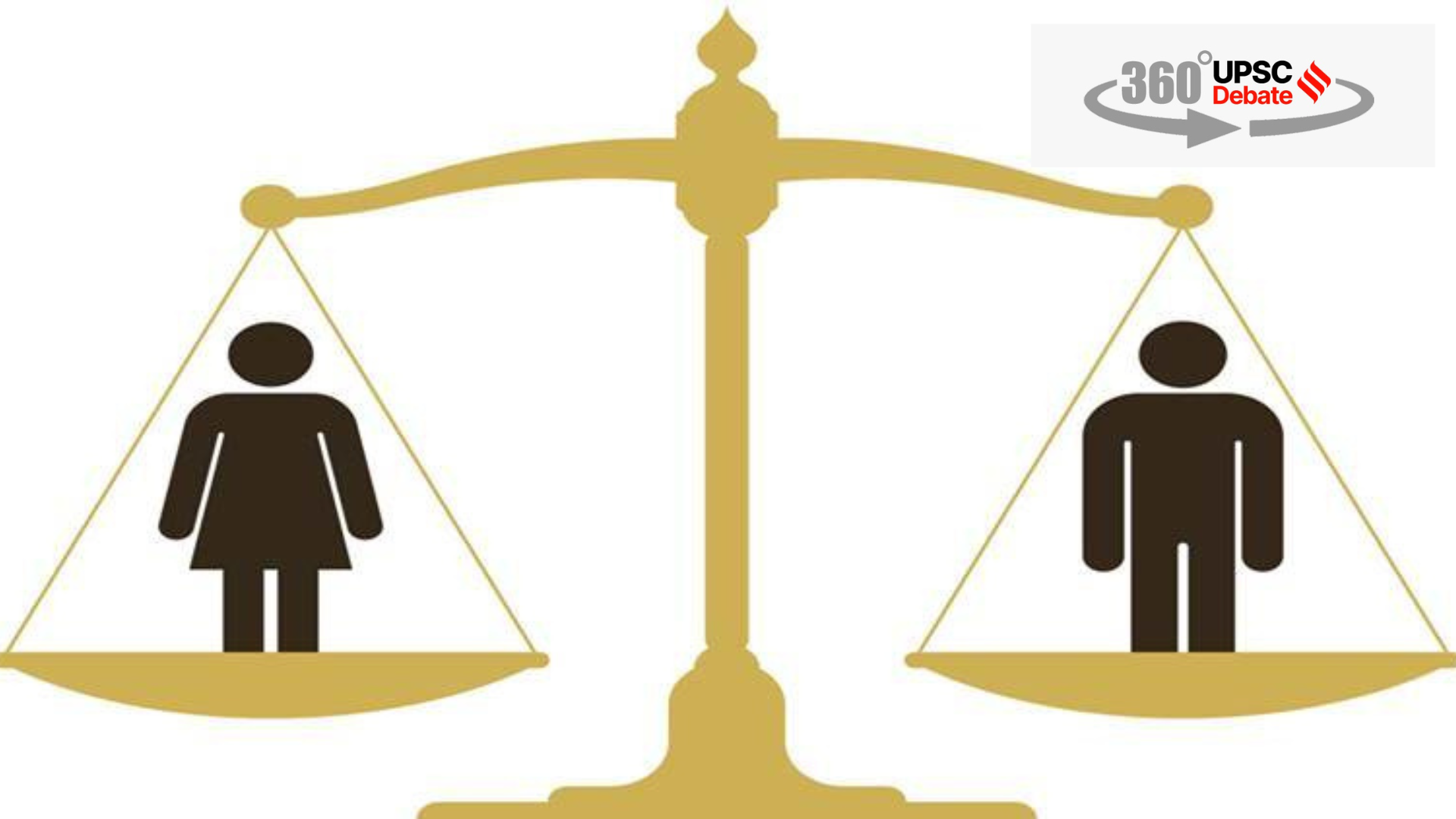
By K Raveendran
The overwhelming response to the call by the Law Commission to public for recording their opinion on the proposed Uniform Civil Code shows the extent to which technology has empowered people. With only a couple of days left for the closure of the window for the public to express their views, already about 46 lakh responses have been received. While the big number is no doubt both an opportunity and a burden, it shows how technology has enabled people to participate in the process of decision making outside the traditional channels of parliamentary democracy such as through elections, which incidentally have turned out to be suffering from a lot of imperfections.
The 21st Law Commission whose term which ended in 2018, had examined the issue and similarly solicited the views of all stakeholders on two occasions. Subsequently, a consultation paper on Reforms of Family Law was issued in August 2018. Those consultations were carried out using the traditional channels of meetings and representations by groups. But in the time that elapsed since then, the process of communication itself has been democratised to a great extent. Also, there have been several new developments, including court judgments relating to the subject. Hence the move by the new Law Commission to go back to the public on the issue again.
While technology has provided a great handle to hate mongers to highjack such campaigns due to their highly organised character, as opposed to private individuals with no organisational infrastructure, the new channels provided by it has greatly empowered people to have their views heard. Before technology, such dialogues used to take place only between or among interested parties who obviously have their own agendas.
With such voluminous material to silt through, there is no guarantee that each response will get the due importance that it deserves. In all likelihood, the task of analysing the responses will be entrusted to time-tested processes with all their failings. Even artificial intelligence, with all its recent advances, may not be equal to the task. There is also the danger that the overwhelming numbers may result in even important viewpoints getting trashed. Despite these negatives, however, the new communication channel has to be welcomed with unqualified acceptance.
The abuse of social media by vested interests has already become well-chronicled. It is widely accepted that platforms such as Facebook are among the biggest perpetrators of misinformation, leading to disinformation, misinformation and toxicity in communications. The platforms have been used in a number of instances by interested parties to cause erosion of democracy in multiple countries. Also, social media has been used to portray critics of governments as terrorism advocates and enemies of development. We are all too familiar with terms such as urban naxals.
Much has also been written about the abuse of algorithms to study patterns of social media use, which is widely practised by governments and groups with technological clout. Users are offered certain benefits, which act as bait in the form of favourite content, but without them realising that what is presented before them filters out vital information which would have made their judgement go in a different direction. But despite all these failings, social media and technology bring cutting edge advantages to societies to exercise their free will.
There have been a number of recent studies which concluded that the so-called liberation technology, such as the internet, mobile phones, and social media, has the potential to positively influence democratic outcomes. In this context, a new study has explored the relationship between social media and democracy in a cross-section of over 125 countries around the world. The study found evidence of a strong, positive correlation between Facebook penetration, which is widely regarded as a proxy for social media, and democracy. And even more importantly, the study further showed that the correlation between social media and democracy is stronger for low-income countries than high-income countries.
Social media has made it possible to get news out in the world forcing the governments in many countries to retreat because of international censure and pressure. Consequently, the issue of unrestricted access to independent news sources and the freedom to share such contents on social media without the fear of retaliation from the governments have become some of the important concerns in many parts of world.
The issue has become an unavoidable source of policy dilemma for the governments in many countries because allowing the content to be shared results in the expansion of democratic power of the citizens, curbing government’s arbitrariness through censorship and restriction of the use of the internet and control of content. (IPA Service)
The post Response On UCC Shows How Technology Has Democratised Political Debate first appeared on IPA Newspack.


